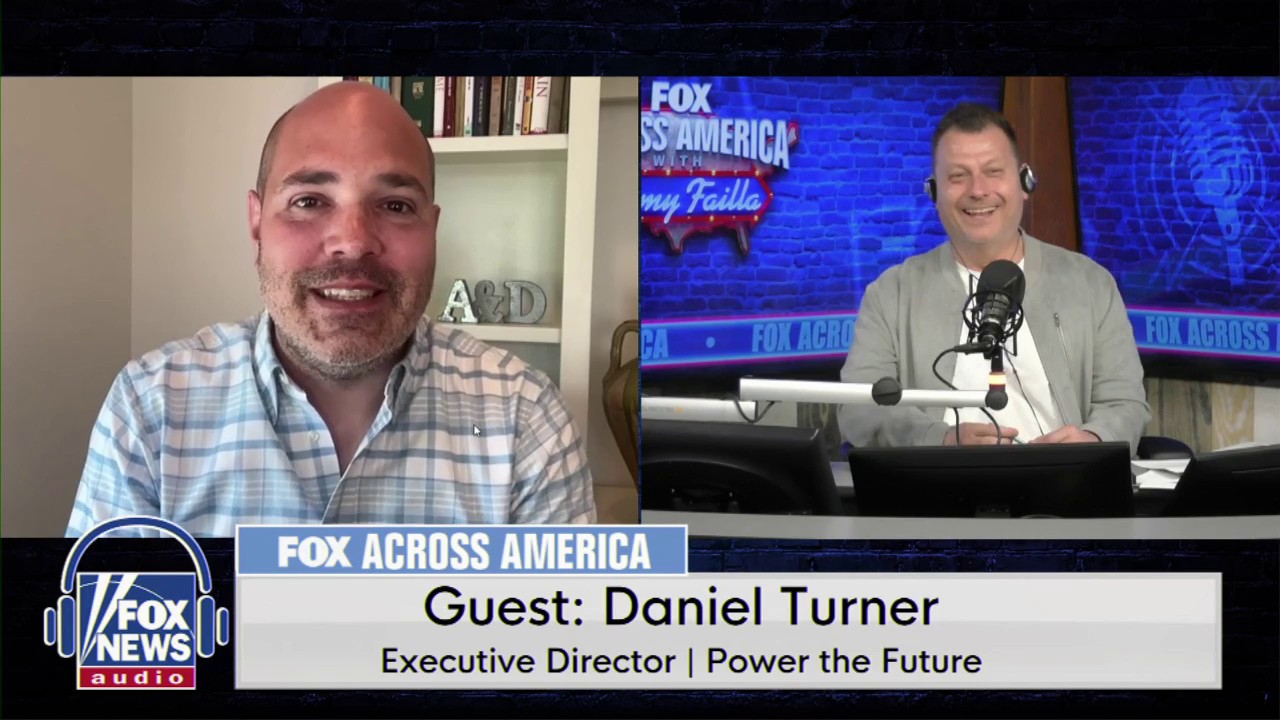Failla & Turner React to Al Gore: A Climate Change Showdown?
Editor’s Note: Failla & Turner have released a statement responding to Al Gore's recent comments on climate change policy. This article delves into their reaction, the broader implications, and what it means for the future of environmental action.
Why This Matters
The ongoing debate surrounding climate change policy is arguably one of the most critical discussions of our time. Al Gore, a long-time advocate and prominent voice in the climate change movement, frequently weighs in on policy decisions and initiatives. Failla & Turner's response to his recent comments adds a new layer to this complex conversation. This article will analyze their reaction, exploring its key aspects and potential impact on future environmental strategies. We will examine the core arguments, potential consequences, and what this means for businesses, policymakers, and individuals concerned about the climate crisis. Understanding this dynamic is crucial for anyone interested in the future of environmental policy and its impact on our world.
Key Takeaways
| Takeaway | Description |
|---|---|
| Failla & Turner's Stance | Detailed summary of their position on the issue. |
| Gore's Initial Comments | Summary of Al Gore's statements that prompted the response. |
| Points of Agreement/Disagreement | Analysis of common ground and areas of contention between the two parties. |
| Potential Implications | Discussion of the broader consequences of this exchange on climate policy. |
Failla & Turner React to Al Gore
Al Gore's recent comments on the urgent need for aggressive climate action have sparked significant debate. Failla & Turner, [briefly explain who they are and their relevance to the topic - e.g., prominent climate scientists, political commentators, business leaders etc.], have issued a statement responding to Gore's assertions. Their response is characterized by [describe the tone - e.g., cautious optimism, sharp criticism, measured agreement, etc.].
Key Aspects of Failla & Turner's Response
- Point 1: [Explain the first key point of Failla & Turner's response, providing details and context. Example: Their emphasis on the economic viability of green energy solutions.]
- Point 2: [Explain the second key point, with details and context. Example: Their critique of certain aspects of Gore's proposed policy solutions.]
- Point 3: [Explain the third key point, with details and context. Example: Their call for a more collaborative and inclusive approach to climate change mitigation.]
Detailed Analysis of Failla & Turner's Arguments
This section will delve deeper into each point, providing a detailed analysis of Failla & Turner's arguments, using relevant examples and comparing their perspective to Gore's stated positions. We will also explore the potential consequences of adopting their suggested approaches versus those advocated by Gore. [Include specific quotes from Failla & Turner's statement and relevant data to support the analysis.]
Interactive Elements
The Role of Policy in Climate Action
This section explores the critical role of effective policies in driving climate action. We will examine both the successes and failures of existing climate policies, comparing them to the proposals from both Failla & Turner and Al Gore. We will analyze the roles of different stakeholders, including governments, businesses, and individuals, and the potential risks and rewards associated with different policy options.
The Economic Implications of Climate Change
This section focuses on the economic aspects of climate change and its mitigation. We will explore the economic impacts of various climate action plans, including the costs and benefits associated with each approach. We'll analyze the potential for economic growth within a green economy, considering the potential for job creation and technological innovation. We will use data and examples to support the claims and present multiple perspectives.
People Also Ask (NLP-Friendly Answers)
Q1: What is the core disagreement between Failla & Turner and Al Gore?
A: The main point of contention centers around [briefly summarize the main disagreement].
Q2: Why is Failla & Turner's response significant?
A: Their response is significant because it offers [explain the significance - e.g., a counter-perspective, a different approach, etc.].
Q3: What are the potential consequences of Failla & Turner's proposed approach?
A: The potential consequences include [list potential positive and negative consequences].
Q4: How does this debate affect climate policy moving forward?
A: This debate highlights [explain the impact on future climate policy].
Q5: Where can I find more information about Failla & Turner's work?
A: You can find more information on their website at [link to their website].
Practical Tips for Understanding the Climate Change Debate
This section will provide actionable tips for readers to engage more effectively with the complex subject of climate change and its related policy discussions.
Tips:
- Seek diverse sources of information: Don’t rely on a single news outlet or perspective.
- Analyze the source's bias: Understand the potential biases of different organizations and individuals involved.
- Focus on verifiable data: Check the accuracy of claims using reliable data sources.
- Engage in respectful dialogue: Approach the discussion with a willingness to listen to and understand different points of view.
- Understand the nuances of climate policies: Don't oversimplify complex issues.
- Support credible organizations: Contribute to or support organizations working to address climate change.
Summary: By following these tips, you can navigate the climate change discussion more effectively and form your own informed opinion.
Summary
This article analyzed Failla & Turner's reaction to Al Gore's recent comments on climate change policy. We examined their key arguments, explored the potential consequences of their proposed approach, and placed their response within the broader context of the ongoing climate change debate.
Closing Message
The debate surrounding climate change policy is far from over. Understanding the different perspectives and the nuances of the arguments is crucial for informed participation in this critical conversation. What actions will you take to contribute to a sustainable future?
Call to Action (CTA)
Share this article with your network to promote awareness of this important discussion! Subscribe to our newsletter for updates on climate change and related topics. [Link to newsletter signup].

